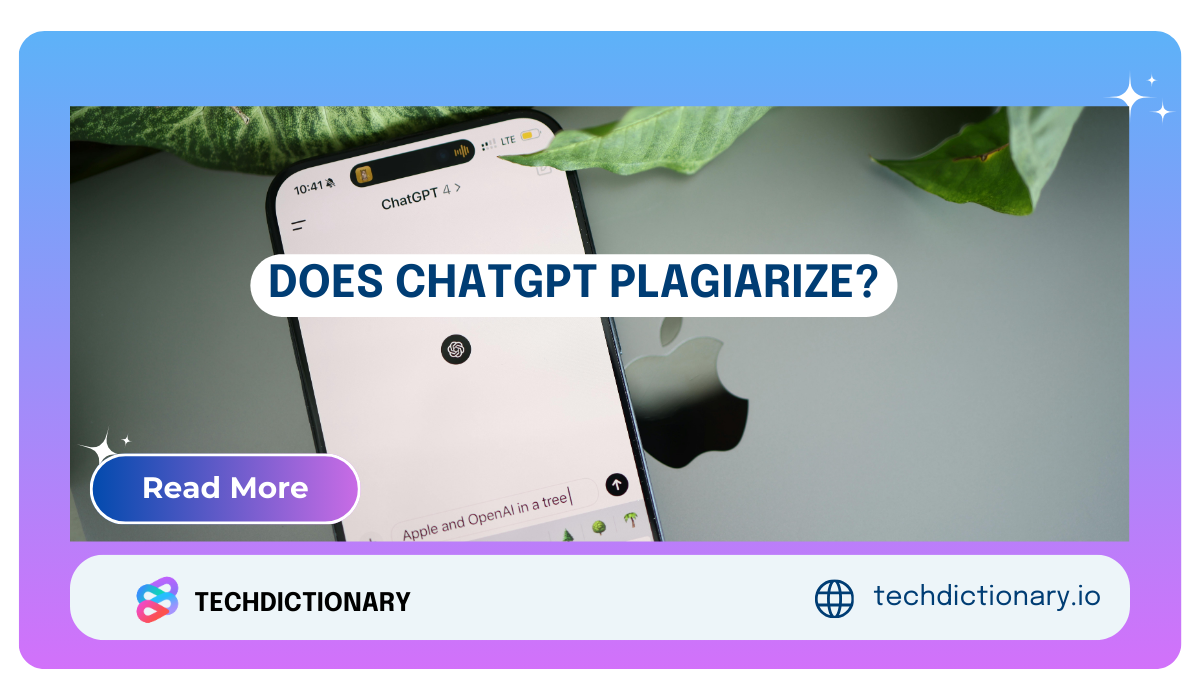
Many users worry about whether ChatGPT plagiarizes. Instead of copying, the AI creates text by combining information. However, its results can sometimes look like existing content. We will look into how it works to evaluate the originality of its responses.
No, ChatGPT does not exactly plagiarize since it doesn’t copy text directly. However, it may paraphrase existing information without credit. So, while not strictly plagiarism, its output can raise concerns about originality and citation.
To further support the previous answer, we conducted a basic test. We asked ChatGPT 4.0 (the latest version) to generate a short text using the prompt “Write an academic essay of about 450 words analyzing the potential for tourism development in a specific area.”
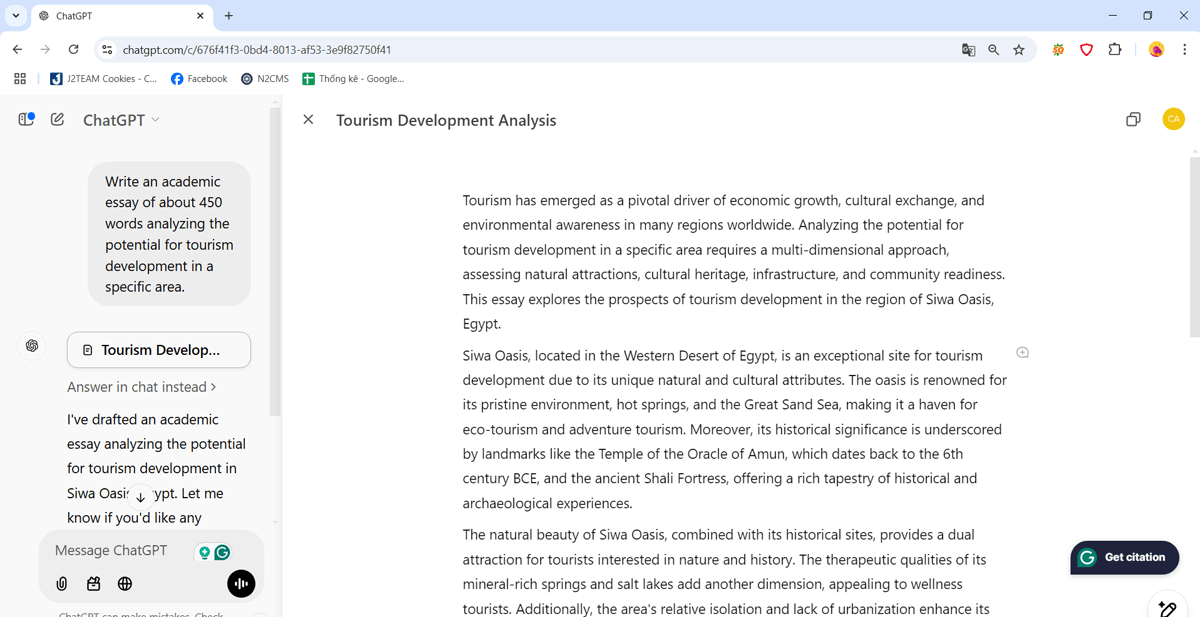
We then checked the generated text for plagiarism using Originality AI. The below result from Originality AI reported that the generated text did not match any website’s plagiarism.
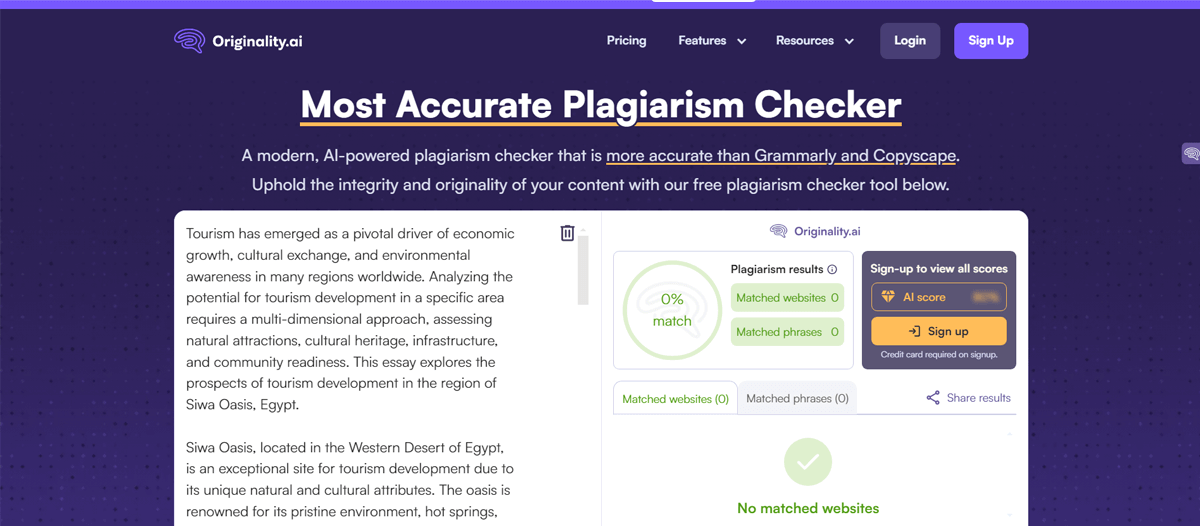
Does Chatgpt Plagiarize? No, the result provided by Originality AI.
No, ChatGPT itself is not plagiarism. However, if you submit content generated by ChatGPT without proper citation or use it instead of your own work, it can be considered plagiarism.
The issue of AI-generated content and plagiarism arises because AI lacks human authorship. Plagiarism means using someone else’s work without credit, while originality requires that work come from you. To address this, organizations like the APA recommend citing sources like ChatGPT to ensure ethical use.
Banning AI may seem like a solution to plagiarism, but it ignores the role of technology in our lives. Teaching responsible AI use is essential, as it fosters skills, honesty, creativity and helps users balance technology with their own contributions.
You may be interested in: How Many Words is Plagiarism? Uncovering the Real Rules!
ChatGPT is known for utilizing various sources but often does not cite them accurately. While the information it generates can provide a good starting point, it may lack reliable source references unless you specifically request them. Even then, the sources provided might be misleading.
To improve your results, computer scientist David Gewirtz recommends tailoring your prompt. For instance, asking for “10 URL sources” can help you obtain more accurate online references—a technique also useful when working with tools like QuillBot.
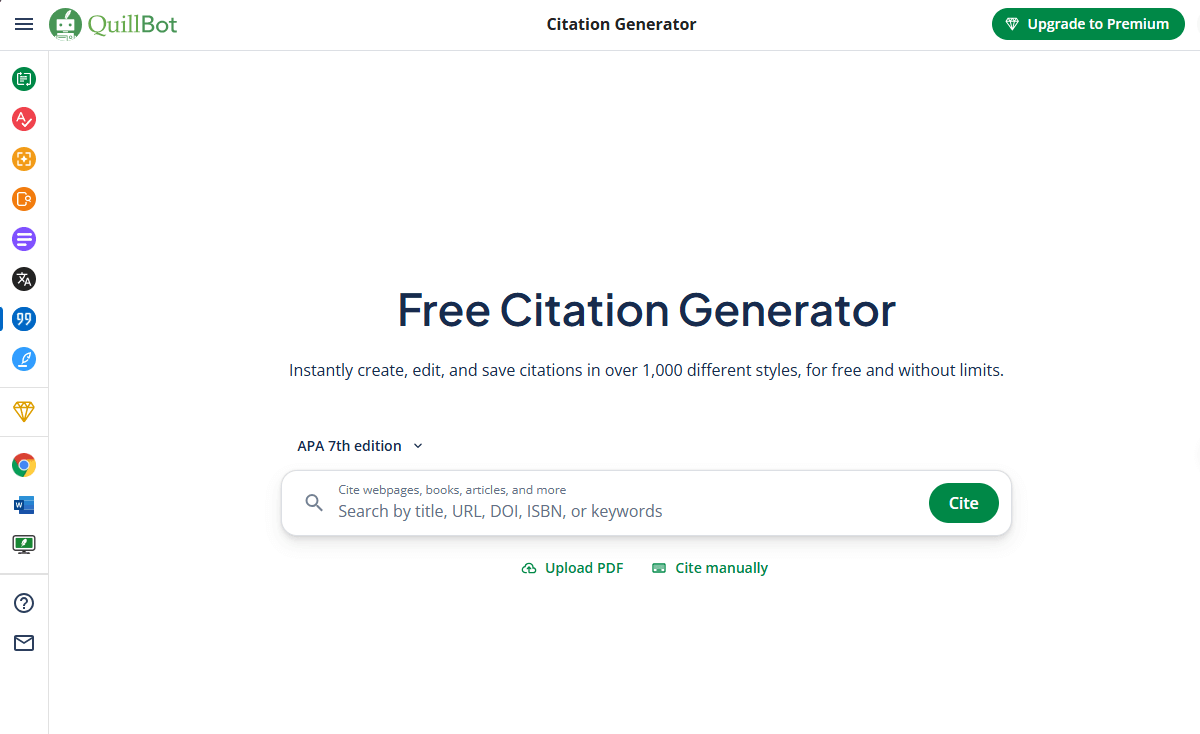
Using AI Citation Generator For Free
After knowing where chatGPT gets you information, citing sources correctly is required to avoid plagiarism. The way you cite depends on the style you use, like APA, Chicago, or MLA.
AI humanization tools make the text sound more natural and unique. ChatGPT can create robotic or overly simple sentences, so humanizing the output helps it feel more like genuine human expression.
Making these improvements will increase writing quality and lower the risk of plagiarism by avoiding generic text. Using ChatGPT with humanization tools helps create original and high-quality content effectively.
AI-generated content can be too wordy and may repeat phrases. It often reveals subtle patterns that AI typically exhibits, so knowing how to ask ChatGPT to rewrite effectively can make the final version more polished and less robotic. You can also use tools like editGPT, which allow you to revise AI outputs interactively and make targeted improvements with greater precision.
Additionally, AI has a distinctive and somewhat robotic writing style. It often lacks the conciseness needed for academic work, uses simplistic language, and fails to introduce the variety in word choice and sentence structure that human writers naturally produce.
Another challenge lies in the content itself. AI can produce biased or inappropriate responses since it learns from various sources, some of which may be unreliable.
AI-generated content can be too wordy and may repeat phrases. It often shows signs of not being human-written, so thorough revision is important.
Additionally, AI has a distinctive and somewhat robotic writing style. It often lacks the conciseness needed for academic work, uses simplistic language, and fails to introduce the variety in word choice and sentence structure that human writers naturally produce.
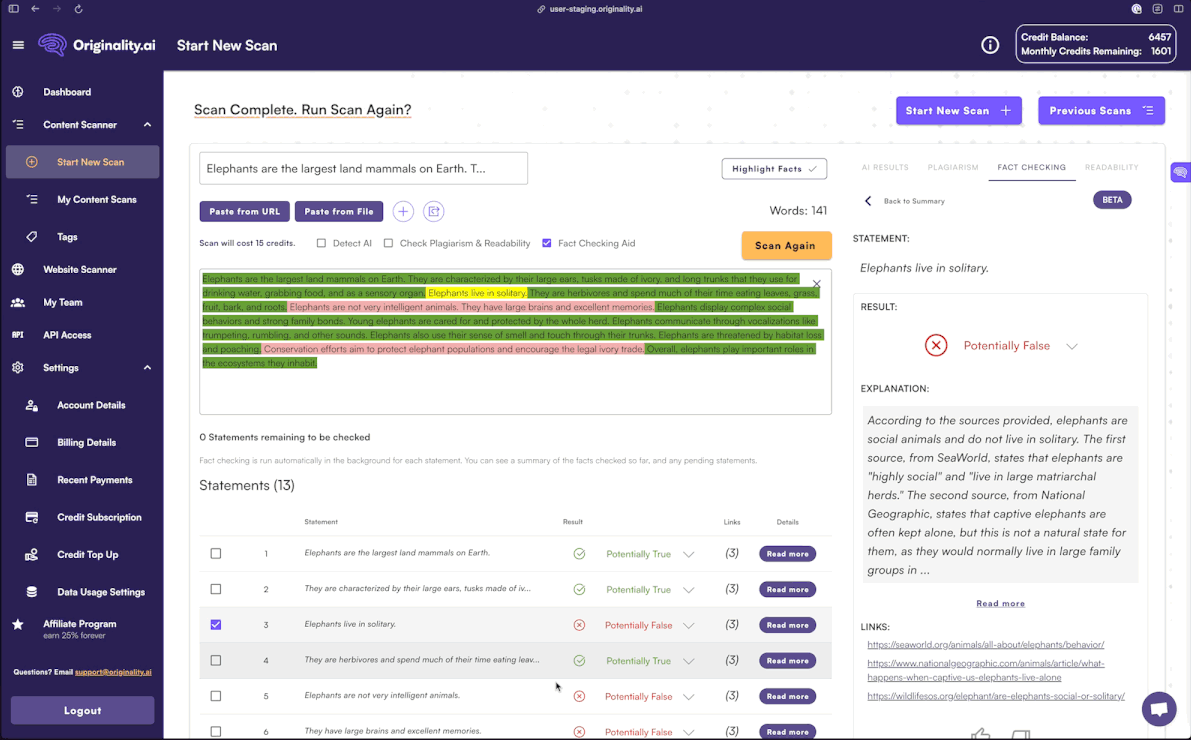
Does ChatGPT Plagiarize? Use Originality AI to check plagiarism and fact
Another challenge lies in the content itself. AI can produce biased or inappropriate responses since it learns from various sources, some of which may be unreliable.
“Does ChatGPT plagiarize?” The answer is no. ChatGPT does not intentionally plagiarize, but its content generation can unintentionally overlap with existing sources due to its extensive training data. To maintain originality, it’s important to check its output for similarities and use plagiarism detection tools alongside human editing.
For questions or assistance, feel free to reach out to TechDictionary!
You may be interested in: How to Paraphrase Without Plagiarizing? 6 Effective Tips

